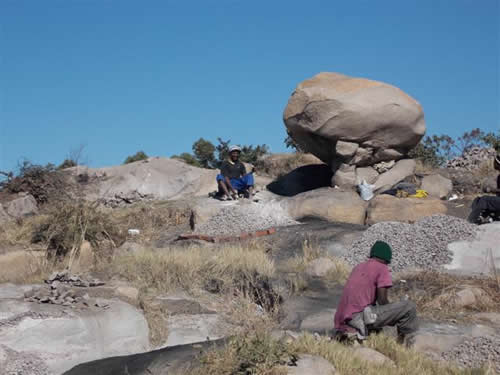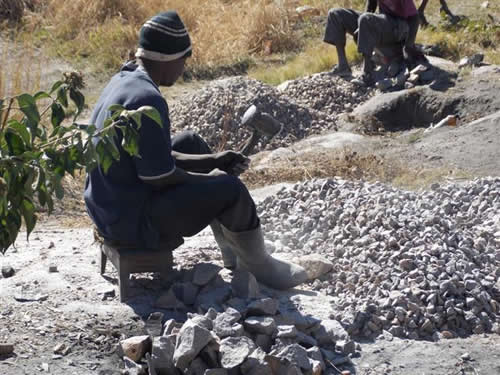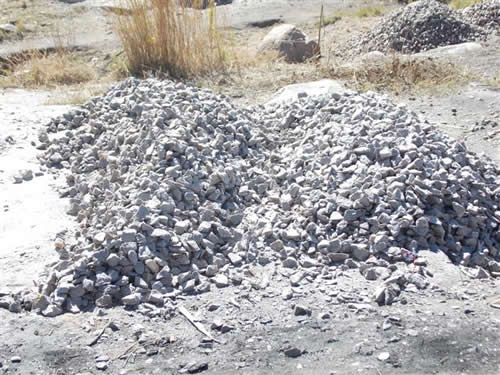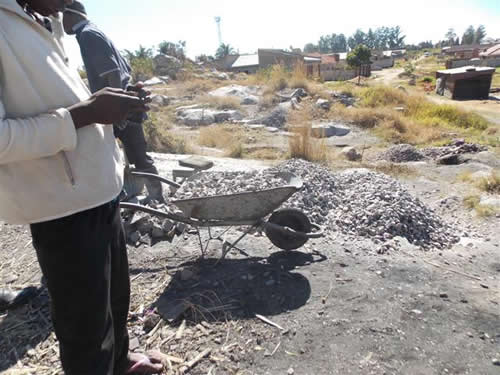No Laughing Matter, Humor and Protest Arts
Thursday, July 4th, 2013 by Bev ClarkNo Laughing Matter? : Humor And Protest Arts
Deadline: 30 July 2013
The University of Zimbabwe and Savanna Trust invites you to submit your abstracts for conference presentations on the 24th and 25th of October 2013 in Harare, Zimbabwe.
In both popular and academic imagination, protest arts have been generally associated with ‘angry’ and ‘gloomy’ ‘subversive’ images. Consequently limited attention has been paid to the use of humour in protest arts. The possibilities, complexities and limitations of humour in protest arts deserve serious recognition. Several questions can be raised in this regard. Why in the first place do artists and the public include humour in their protest arts? Is humour compatible with radical transformative protest arts? What are the aesthetic and ideological implications of deploying humour in protest arts? How have state actors, elites and the general public responded to humour in protest arts?
Sub-Themes
-Aesthetic quality, humour and protest arts
-Ideological possibilities/complications of humour in protest arts, (eg gender, class, race, ethnicity disability political identity etc)
-The reception of humour in protest arts
-Humour, ethics and morality
-Writing/performing humour in protest arts
-Media/technology, humour and protest arts v Protest music and humour
-Humour in protest marches and demonstrations
-Humour in protest and graffiti
-Popular jokes and/as protest arts
Submit your abstracts in not more than 350 words to: kchikonzo [at] arts [dot] uz [dot] ac [dot] zw and copy paifst [at] gmail [dot] com













